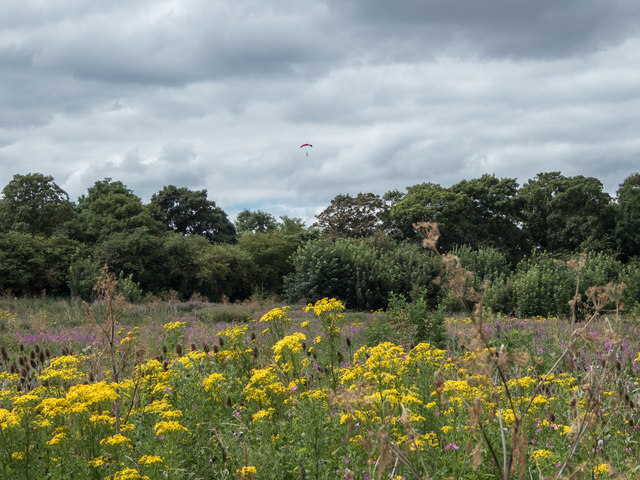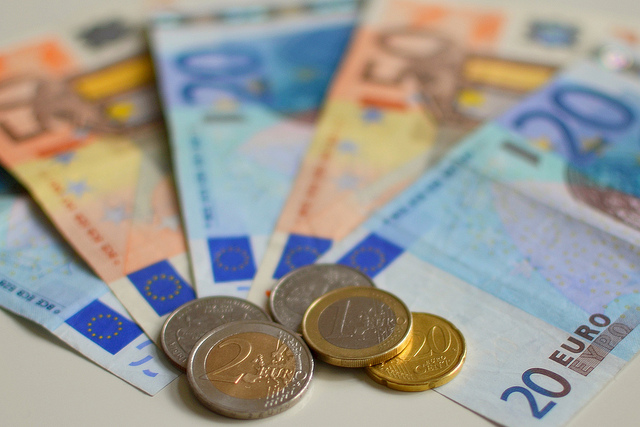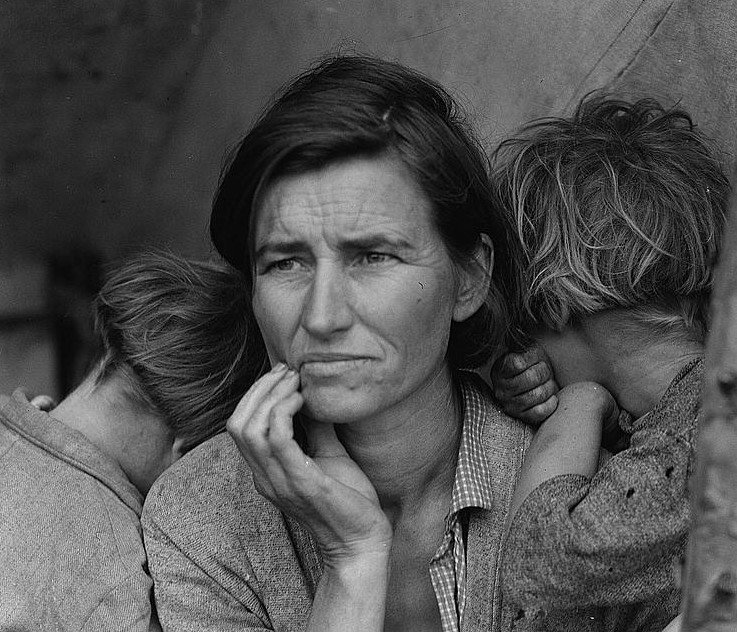This post is contributed by Jean-Christophe Bureau who is professor of of economics at AgroParisTech, Université of Paris-Saclay, and heads the joint research team in public economics of INRA, the National Institute for Agricultural Reseach in France.
The idea that the definition of CAP instruments has been (and still is) heavily constrained by World Trade Organisation rules is widespread. In debates on the post 2020 CAP, the issue of compatibility with WTO disciplines is raised each time coupled payments, countercyclical payments, support to production in less favoured areas, risk management or income stabilization schemes are discussed. An issue of particular interest (which this post focuses on) is environmental payments.… Read the rest
The biodiversity consequences of killing Ecological Focus Areas
After the December 2012 Council proposed amendments, the vote of the agricultural committee of the European Parliament (COMAGRI) on January 24 2013 de facto kills any hope of deriving serious biodiversity benefit from the CAP reform. The COMAGRI amendments are particularly fatal to the Ecological Focus Area (EFA) measure, which is now nearly ‘as dead as a dodo’. The fact that the COMAGRI amendments largely restate the Agricultural Council’s draft position on the EFA leaves little hope for future debates between the Parliament and the Council. The conclusions of the European Council on February 8, 2013 can be seen as the burial of the EFA.… Read the rest
The US Farm Bill: Lessons for CAP Reform ?
The current CAP reform debate and the US Farm Bill debate have been taking place in parallel for several months. There are some interesting contrasts between the two procedures, which are explored in a note for the European Parliament. The note also describes the current situation of the Farm Bill negotiations, based on the proposals tabled by the Senate and by the Committee of Agriculture of the House of Representatives (not endorsed by the House as a whole, so far).
It is difficult to compare the proposed €370 billion for 7 years in the CAP (a crude estimate based on recent budget proposals) with some US$ 690 billion, i.e… Read the rest
The European Parliament report on the measurement of farm support
A variety of estimates of the level of farm support circulate. Many of them rely on creative accounting. For example, during the recent farm bill debate in the US Senate on C-Span television, a Senator claimed that the EU subsidized its farmers seventeen times more than the US, quoting as “evidence” that farm subsidies accounted for 45% of the EU budget, while by contrast the US farm spending was less than 1% of the US federal budget. On the opposite, the Momagri (a French arable crops producers sponsored think tank) published estimates that US farm support was three times higher than the EU one.… Read the rest
French environmentalists try the rough way
This week, the French national federation of environmental NGOs, France Nature Environnement (FNE), federation of hundreds of environmental groups, launched a poster campaign that raised considerable controversy. It showed, in a rather shocking way, some (real or alledged) environmental damages caused by agriculture. Adding insult to injury, this took place a day before the annual “salon de l’agriculture”, a big national fair in Paris that attracts close to 1 million visitors and where every politician goes to cuddle farmers. All farmers’ organisations became mad, and claimed that the campaign indiscriminately accused farmers of being polluters. The French Minister of agriculture, Bruno Le Maire talked about “a scandal”.… Read the rest
Why are we so lousy at measuring farmers' incomes?
It has been heard and written everywhere for the last 18 months: farm incomes have gone down dramatically. After two years of carpet bombing by the media, with anything from 60 percent price fall in prices to desperate farmers spreading their milk in the fields, the consultation on the future of the CAP organized by Commissioner Ciolos suggest that many, in the civil society, are convinced that EU farmers are starving. As an external reviewer of the synthesis report of this consultation, I saw a large sample of individual contributions. My feeling is that for many people, the current low farm incomes justify subsidies, border protection and paying more attention to mechanisms to support farm prices.… Read the rest
Why are we so lousy at measuring farmers’ incomes?
It has been heard and written everywhere for the last 18 months: farm incomes have gone down dramatically. After two years of carpet bombing by the media, with anything from 60 percent price fall in prices to desperate farmers spreading their milk in the fields, the consultation on the future of the CAP organized by Commissioner Ciolos suggest that many, in the civil society, are convinced that EU farmers are starving. As an external reviewer of the synthesis report of this consultation, I saw a large sample of individual contributions. My feeling is that for many people, the current low farm incomes justify subsidies, border protection and paying more attention to mechanisms to support farm prices.… Read the rest
Does France really want to suspend agri-environmental measures?
The president of the main farmers’ union, the Fedération Nationale des Syndicats d’Exploitants Agricoles (FNSEA) Jean Michel Le Metayer called for “a pause in agri-environmental measures” and the suspension of new measures. For French speaking readers, the (short) video is here.
The Ministry of agriculture seems sympathetic with this position, even though Nicolas Sarkozy has recently positioned himself as greener than his predecessors, with initiatives under a framework law called the “Grenelle of the environment” and a carbon tax (it turns out that farmers should be exempted from paying this tax, eventually). The French minister Bruno Le Maire apparently said a few days after that, indeed, a revision of the agri-environmental measures (AEM) was necessary and that it should start with an inventory of the provisions adopted throughout the Union according to the newspaper Le Figaro.… Read the rest
"Notre Europe" brainstorming
The think tank “Notre Europe” just released a document on the future of the CAP. Notre Europe’s point of view is that because the health check (HC) is likely to lead mostly to short term adjustments, the “real” debate on the CAP is likely to take place before the next financial perspectives. The outcome could be very contingent to the situation that will prevail in 2013 (e.g. market situations). Notre Europe launched a reflexion that intends to look to more structural changes, with a longer term horizon than the HC.
All the members of the (large) task force did not share a common position on this issue and instead of producing a UN-type consensual document, two of the members, L.P.… Read the rest
“Notre Europe” brainstorming
The think tank “Notre Europe” just released a document on the future of the CAP. Notre Europe’s point of view is that because the health check (HC) is likely to lead mostly to short term adjustments, the “real” debate on the CAP is likely to take place before the next financial perspectives. The outcome could be very contingent to the situation that will prevail in 2013 (e.g. market situations). Notre Europe launched a reflexion that intends to look to more structural changes, with a longer term horizon than the HC.
All the members of the (large) task force did not share a common position on this issue and instead of producing a UN-type consensual document, two of the members, L.P.… Read the rest



